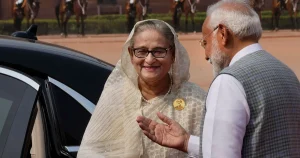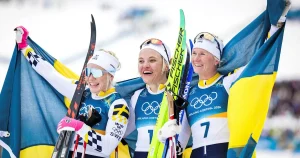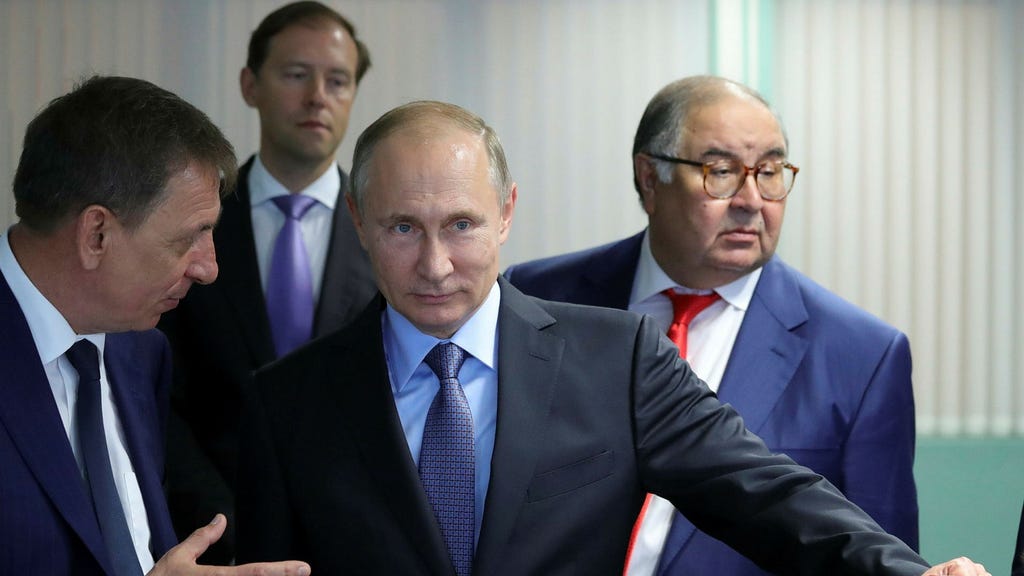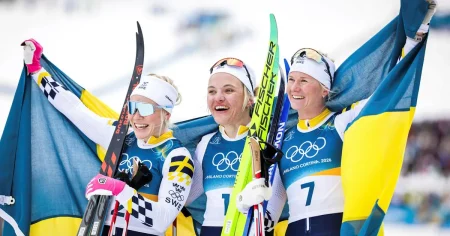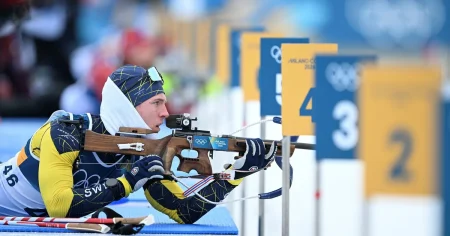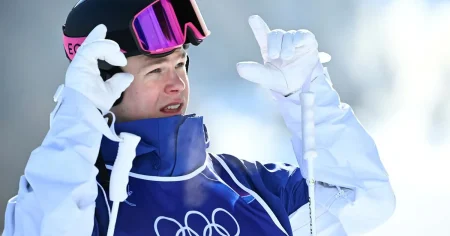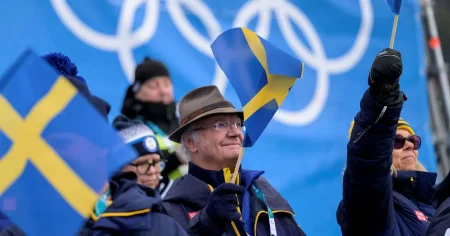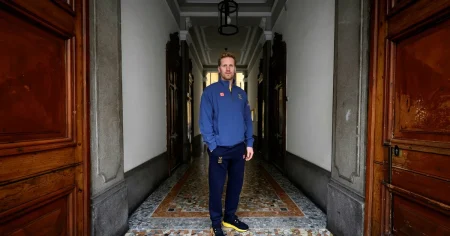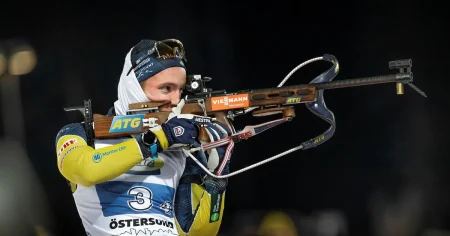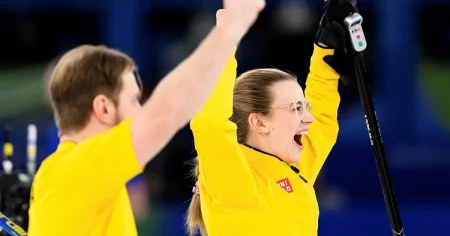On Saturday, Alisjer Usmanov was re-elected as the president of the International Fencing Federation (FIE) for the fifth time, defeating Swedish candidate Otto Drakenberg with a significant margin of 120 to 26 votes. However, immediately following his victory in Tashkent, Usmanov announced his self-suspension from the presidency, mirroring his actions in 2022 when he was placed on the EU sanctions list due to Russia’s full-scale invasion of Ukraine. The situation surrounding Usmanov has been contentious, highlighted by his immediate departure from the venue after the election, raising concerns among various stakeholders about the implications of his leadership in a globally sensitive environment.
Usmanov’s legal troubles include a travel ban and the freezing of parts of his financial assets, which he faced post-sanctions. Following his self-suspension, the FIE’s executive committee confirmed the decision, appointing Emmanuel Katsiadakis, who has served as interim president for the past two years, to continue in that role. Drakenberg, who has been vocal against Usmanov’s candidacy, expressed a lack of surprise at the former president’s decision to suspend himself, predicting it would likely happen again if he were re-elected, a sentiment reflecting the ongoing tension surrounding Usmanov’s involvement in sports administration.
The Swedish Fencing Federation has been particularly active in opposing Usmanov’s candidacy, arguing that he should be barred from running according to Swiss law, where the FIE is headquartered. However, the FIE’s executive committee promptly announced that they saw no conflict with the federation’s statutes concerning his candidacy. This conflict of interest raises questions about the governance structures within sports organizations and their responsiveness to issues of legitimacy and ethics, especially when involving individuals with controversial backgrounds.
In addition to the outrage in Sweden, Ukraine has voiced strong condemnation of Usmanov’s re-election. The Ukrainian Fencing Federation labeled the election as both illegal and immoral, announcing plans to take unspecified actions against it. Ukrainian Sports Minister Matvij Bidnyj emphasized the deep discontent regarding Usmanov’s elevated role in international sports, given that he is closely associated with the Russian government and is subject to international sanctions. His remarks highlight the broader implications of citing morality in sports, particularly in times of geopolitical turmoil, and serve as a rallying point for those advocating for greater ethical standards in sports representation.
Usmanov’s response to the backlash from Ukraine has been dismissive, with his spokesperson branding the criticism as disrespectful. The 71-year-old billionaire continues to challenge the sanctions imposed on him, asserting his position amid significant opposition. His controversial status creates an environment of polarizing opinions, where questions about the intersection of wealth, power, and accountability in international sports communities become increasingly topical and relevant.
In conclusion, the situation surrounding Alisjer Usmanov’s presidency of the FIE encapsulates intricate issues within the governance of international sports organizations. His strong ties to the Russian regime, combined with the legal and ethical implications of his leadership during a period of international conflict, have drawn scrutiny from various nations and stakeholders. The ability of governing bodies to navigate these challenges, along with maintaining the integrity of sportsmanship and human values, remains critical as they grapple with similar dilemmas in the future. The reactions from entities like the Swedish and Ukrainian federations highlight a growing demand for accountability and transparency from sports leaders in a complex global landscape.


